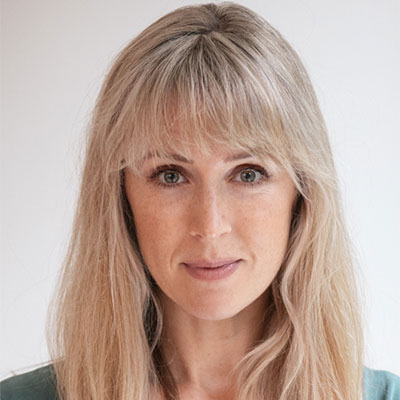Back in 1930, the economist John Maynard Keynes predicted that with technological change and improvements in productivity, we’d only be working 15 hours a week by now. But while working hours have declined by 26 per cent, most of us still average 42.5 hours a week, according to Eurostat figures.
One of the things Keynes underestimated is the human desire to compete with our peers – a drive that makes most of us work more than we need to. “We don’t measure productivity by how many acres we’ve harvested anymore, so the amount of time we spend working becomes a proxy,” says Alex Soojung-Kim Pang, visiting scholar at Stanford University and author of Rest: Why You Get More Done When You Work Less.
“Overwork as a choice, as opposed to slaving away for subsistence wages, has been part of Western society since the Industrial Revolution when some predicted that automation would create an ‘excess’ of leisure time. Needless to say, that didn’t happen.”
Thanks to computerisation and globalisation in the 1980s, managers could demand more of employees under the threat that jobs could be given to someone else. So the pressure piled on. And we took it, buckling under the strain, but shouldering the burden all the same. The psychologist Barbara Killinger writes in Workaholics: The Respectable Addicts about how we willingly sacrifice our own wellbeing through overwork for regular ‘hits’ of success.
But far from delivering productivity, value, or personal fulfilment, overwork has been proven to lead to burnout, stress, greater risk of heart disease, stroke and even shorter lifespans. Nevertheless, we persisted – until COVID-19 came along.
Those of us working from home during the pandemic put in an average of six hours of unpaid overtime a week, according to the Office of National Statistics (ONS). Those not working from home put in an average of 3.6 hours.
As well as driving us to work more, COVID-19 has also accelerated the move towards automation and artificial intelligence, especially for jobs with high physical proximity – from Amazon developing delivery drones to self-driving cabs. By 2050, economist Dr Carl Frey and Michael Osborne, a professor of machine learning, both at the University of Oxford, predict that at least 40 per cent of current jobs will be lost to automation, while management consultancy firm McKinsey puts the figure at 50 per cent.
There are exceptions. Jobs that involve complex social interactions are beyond current robot skills: so teaching, social care, nursing and counselling are all likely to survive the AI revolution. As are jobs that rely on creativity. The same also goes for cleaning jobs, according to Frey and Osborne, due to the multitude of different objects cleaners encounter and the variety of ways those objects need to be dealt with.
Interestingly, areas of the workplace traditionally dominated by women won’t be so easily adopted by AI. Nor can robots pick up the ‘second shift’ – with women still shouldering three-quarters of all unpaid care work and doing 40 per cent more household chores according to the ONS. Robots are unlikely to assist in the ‘work’ of childrearing, preparing lunchboxes and doing the laundry.
Those whose work falls outside the caring/cleaning/creative realms will still work in future, just differently. In about 60 per cent of occupations, according to McKinsey, it’s estimated that a third of the tasks can be automated, meaning substantial changes to the way we work – and retraining.
A large-scale study carried out by accountancy firm PricewaterhouseCoopers predicted that over the next 20 years, although 7 million jobs will be lost to AI, 7.2 million new ones will be created as a result. So we will work in future: we just don’t know what we’ll be doing yet.
About our expert, Alex Soojung-Kim Pang
Alex Soojung-Kim Pang is a visiting scholar at Stanford University and author of Rest: Why You Get More Done When You Work Less. He is also global programs and research manager for 4 Day Week Global, a nonprofit devoted to advancing the 4-day week.
Read more:
- What if robots took our jobs?
- Will there ever be a robot that does all the housework?
- Will AI replace musicians?
- Are we living in a simulation?
This article was originally published 27 October 2021
